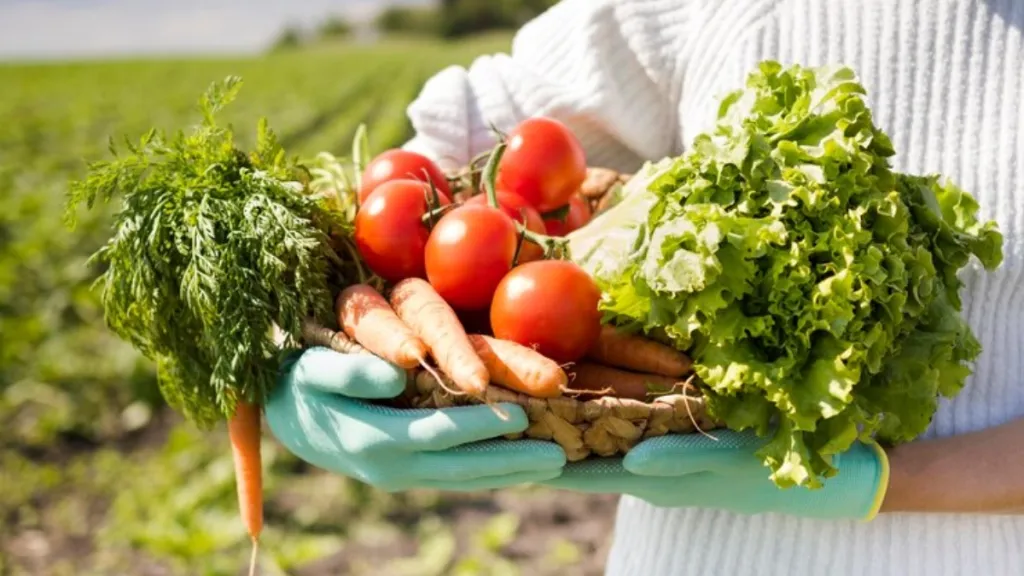Wednesday, 28 January 2026

India’s agricultural exports have seen a rise, though Australia’s gains—particularly in lentil exports—have been more pronounced. While the full potential of the trade pact is still unfolding for India, the agreement with Australia already stands out as a success story
Amid global trade disruptions triggered by reciprocal tariffs imposed by the US, the Indian government has successfully concluded a free trade agreement with the UK—an achievement that comes after nearly four years of negotiations. The talks began in May 2021, following discussions between the Prime Ministers of both nations under the framework of the ‘Enhanced Trade Partnership’ (ETP).
The recently concluded Free Trade Agreement (FTA) between India and the United Kingdom marks a significant milestone in India’s global trade strategy. Under the terms of the deal, the UK will bring tariffs to zero on 99 per cent of imports from India. This major tariff reduction is expected to provide a substantial boost to Indian exports across several key sectors—including food and agricultural products, textiles, leather goods, footwear, auto components, engineering items, and gems and jewellery.
In a particularly noteworthy development, the UK stands to benefit from lower tariffs on popular exports like whiskey and gin, which will further foster strong trade ties between the two nations. This deal underscores the UK’s enthusiasm for expanding its market access to India, particularly for its premium alcoholic beverages.
This development comes at a time when India is actively broadening its network of trade partnerships. New free trade agreements are currently under negotiation with the European Union, Peru, Sri Lanka, and Oman. In addition, talks are underway for a Comprehensive Economic Cooperation Agreement (CECA) with Australia, which aims to build on the existing Economic Cooperation and Trade Agreement (ECTA) signed earlier.
India is not only forging new deals but also reviewing and modernizing existing trade agreements to ensure they reflect current economic realities. Key among these are the India-South Korea Comprehensive Economic Partnership Agreement (CEPA) and the ASEAN-India Trade in Goods Agreement (AITIGA), which includes ten ASEAN member countries. These reviews are aimed at resolving long-standing trade barriers, enhancing utilization rates, and improving terms to better serve Indian industry and exporters.
With these ongoing negotiations and reviews, India is positioning itself as a proactive player in global trade, focusing on diversification and deeper integration with both developed and emerging economies. As the world navigates the challenges of protectionism and shifting geopolitical dynamics, India’s strategic trade moves are set to bring substantial economic gains, reduce trade barriers, and create long-term growth opportunities for Indian exporters.